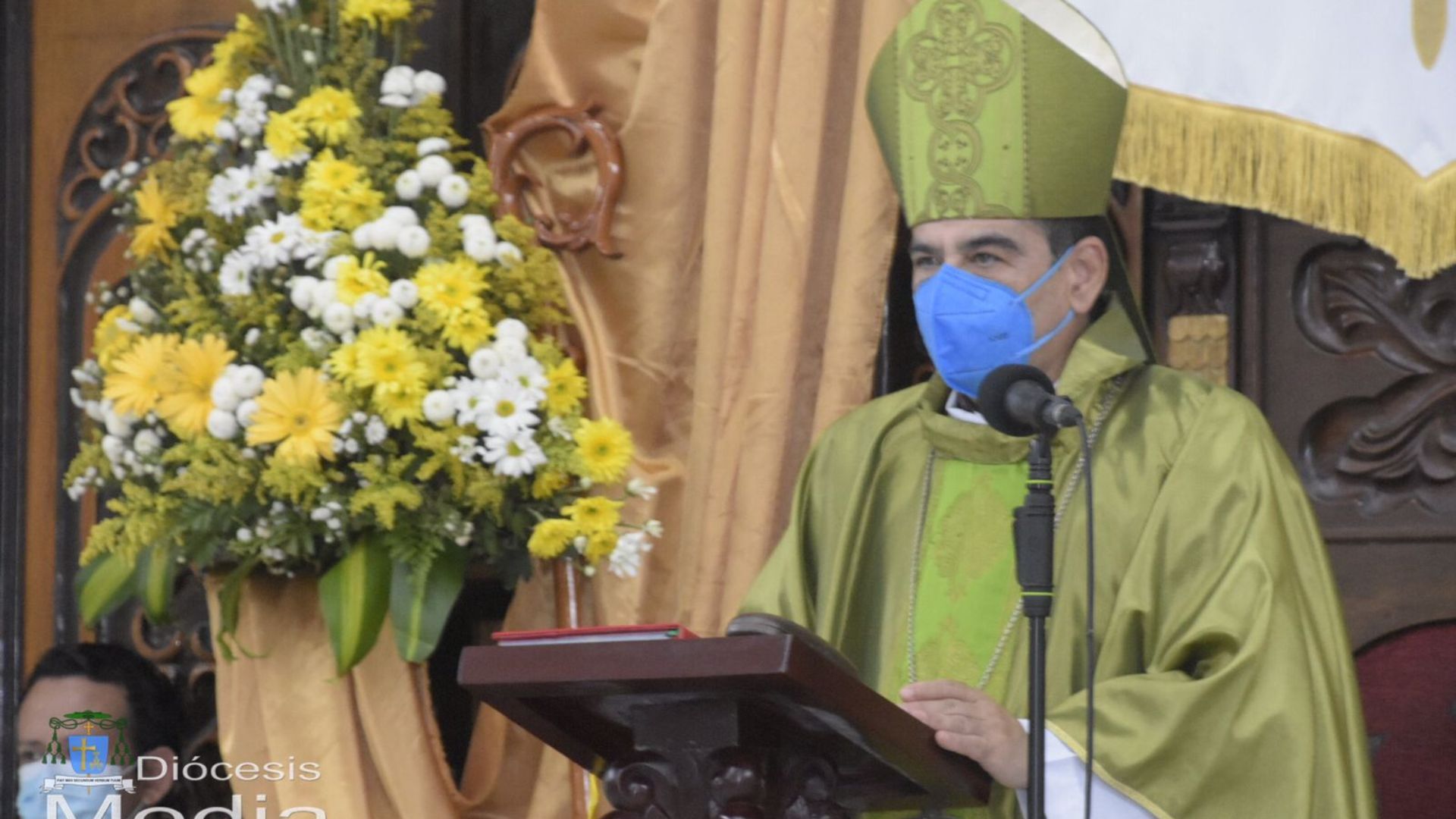The last day of the year 2022 began with news that went around the world: the death of Pope Emeritus Benedict XVI. His funeral, scheduled for Thursday, January 5, will be “as simple as possible”, at the express wish of the deceased. This is how the witnesses of the truth are: scandalously simple and at the same time solemn, due to the very authority they emanate. I remember what he said to someone who greeted him the night he was elected Pope and asked him what he would do that night: “I won’t do anything different than usual: I’ll microwave the dinner that’s been prepared for me, I’ll play the piano and I will say the night prayers before I go to bed.” At times, one of the most important figures of the last century overflowed with the innocence of a child.
For those of us who have known him, for those of us who have had the fortune to hear him live, to see him up close, live, we regret how little and how little known Pope Ratzinger has been in life. The serious injustices that have been committed against his person, his reputation and his right to a good name, slanders poured out by a whole current of the Church and secularism that saw in the German Pope the most powerful beacon of conservative truth, the authority against the relativism and dehumanization of certain ideological currents that flood a part of the ecclesiastical world, of international organizations and, in general, “progressive” politics.
For those who have a modicum of respect for the truth of thought, they will remember with astonishment the honesty of his words in the dialogue he had on January 19, 2004 with one of the greatest philosophers of the last century -Jürgen Habermas- at the Catholic Academy. of Bavaria in Munich. Both intellectuals, coming from very different paradigms, contexts and environments, reached the same conclusion: the democratic -constitutional- rule of law is the best political way to defend human dignity, as well as agreed that the dichotomy between reason and faith, that some secularists defend, is an ideological prejudice, not a factual necessity, because not acting according to reason is contrary to the nature of God. This was one of his greatest services to the Church: the defense of truth in a world increasingly relativistic and empty of it, which led him to say, in the historic visit to Regensburg in September 2006: “Reason does not will be saved without faith, but faith without reason will not be human.
His wisdom, his authority, his knowledge, his intellectual production, but above all his humility, simplicity and commitment to the truth, however hard it may be, place him at the level of the great Fathers of the Church, that is, that group of priests, generally bishops, who wrote theological works of incalculable value as they are testimony of the faith and of the orthodoxy of Christianity. The work of Benedict XVI, the depth, clarity and simplicity of his thought, make him worthy of such a distinction. His classes as a young theology professor were so famous that students from other faculties came to listen to him. His works “Introduction to Christianity”, “Report on faith” and “Jesus of Nazareth” are great works, authentic classics that must be read for anyone who wants to know the magnitude of this character.
Pope Benedict XVI made the defense of the truth compatible with the recognition of the mystery, the denunciation of the error with respect and understanding towards other ways of seeing reality. The prayer he pronounced when he submitted his resignation says a lot about him: “I am facing the last stretch of my life’s path and I don’t know what awaits me. But I know that the light of God exists, that he has risen, that his light is stronger than any darkness; that the goodness of God is stronger than all evil in this world. And this helps me move forward with confidence. This helps us to move forward, and at this time I give heartfelt thanks to all those who continually make me perceive God’s ‘yes’ through his faith”.
Thank you, Your Holiness, from the bottom of my heart, for the life you led, for all your legacy. May the light of God illuminate your holy soul with all its power, and may it act on us and help us in the great challenges we face.
Pablo Alamo Hernandez
Distinguished Professor of CETYS University
PhD in Economics and Business






